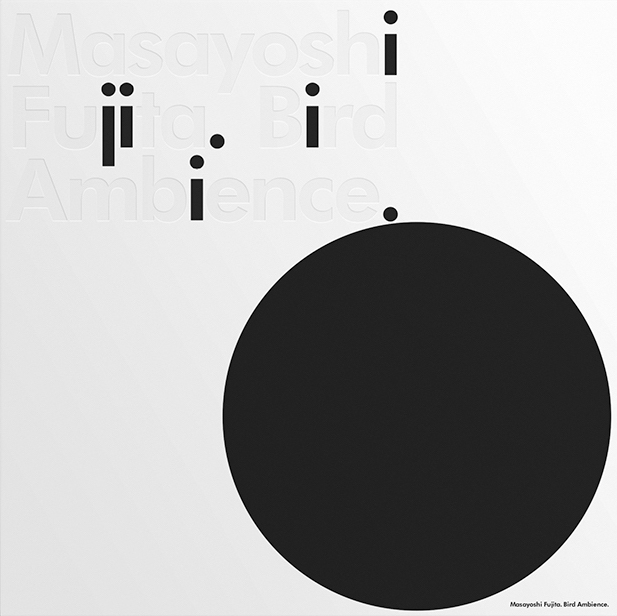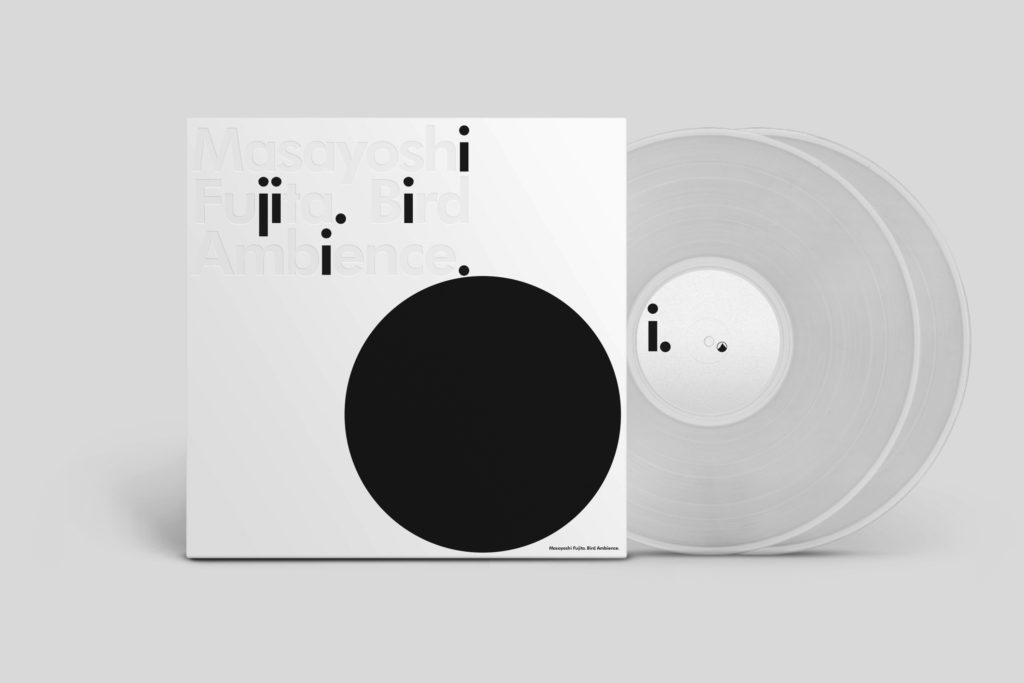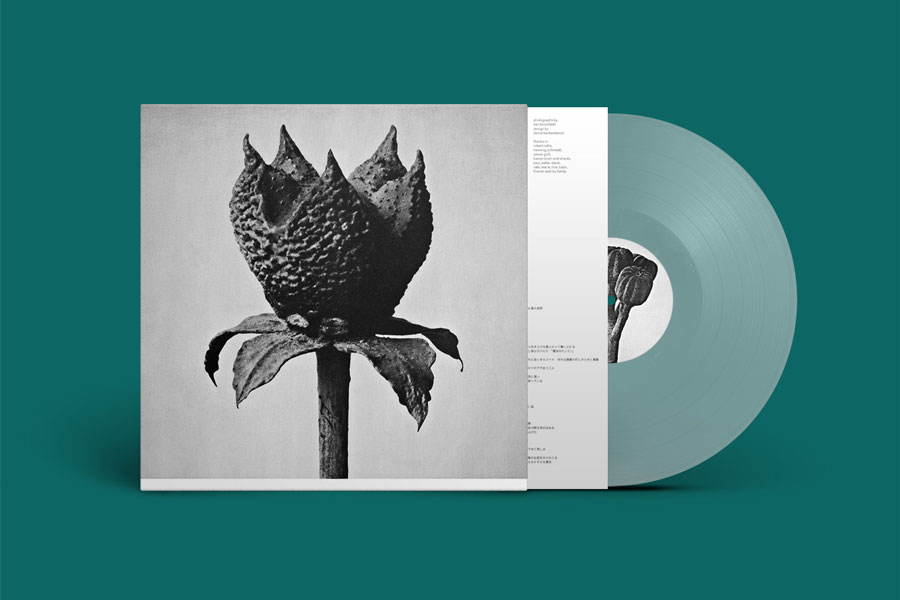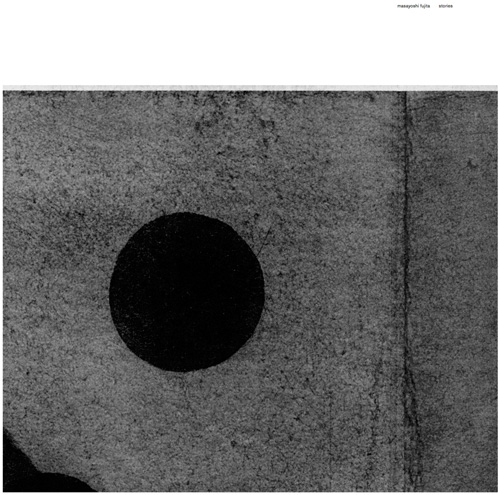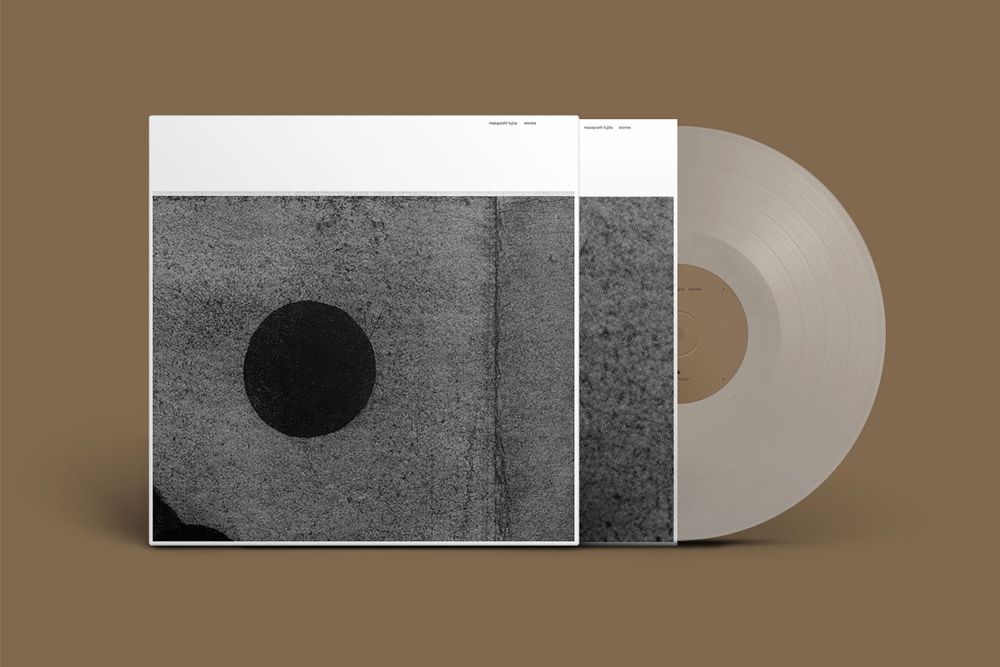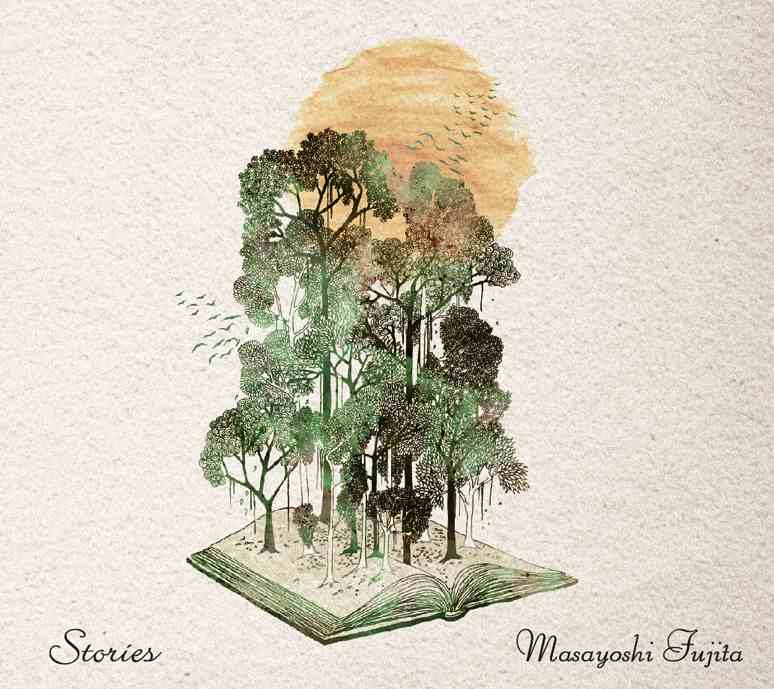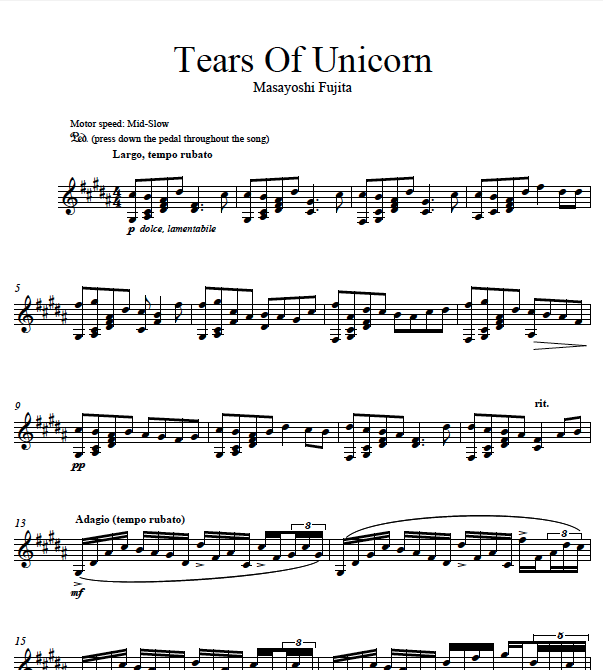
Migratory
Masayoshi Fujita’s masterful new solo album, where his sonic explorations into the unknown continue.
In 2020, after 13 years of living in Berlin, Fujita returned to his native Japan with his wife and their three children, fulfilling his life-long dream of living and composing music in the midst of nature. The family found their new home in the mountain hills along the coast of Kami-cho, Hyōgo, three hours west of Kyoto. Once settled in, Fujita spent his time turning an old kindergarten into his own music studio, Kebi Bird Studio, which became the birthplace of Migratory.
On his new album, the composer and producer masterfully reimagines and mesmerises with his trademark sounds of vibraphone, and resumes his experimentation with the marimba and synthesisers that he first incorporated on his 2021 album, Bird Ambience, which followed the release of his acclaimed vibraphone triptych: Stories (2012), Apologues (2015) and Book of Life (2018).
Nature has always been a source of inspiration for Fujita, and on Migratory it takes centre stage. You can hear it on the album’s peaceful and considered field recordings, but most importantly, Masayoshi highlights – “nature is there as the image to be evoked by the listener from the music.”
“I love the creative work of Masayoshi. To collaborate on such a beautiful composition is really exciting and I’m honoured for the world to hear it. – Moor Mother”
Listen the single Tower of Cloud and Our Mother’s Lights
Buy Migratory on LP · CD · DL


– Sleeve Notes by Pico Iyer –
AWAKENING TO RAIN
Here in Japan we live closer to the elements than anywhere else I know. It’s not just that, following the Chinese model, there are 72 micro-seasons in every year, speaking for the time of distant thunder or the days when frogs begin to croak. It’s not even the Shinto spirit that finds a god in every drop of rain or mountain shadow. It’s that our lives here are given shape and depth by the fire and earthquake and tsunami and typhoon that have defined the land for fifteen centuries and more. In Kyoto 234 trees are officially recognised as guardians of the ancient capital, as indispensable to its welfare as the wooden temples all around.
Think of a classic woodcut by Hiroshige: the human figures are almost faceless—anonymous shapes in a landscape whose real subject is the turning of the leaves, sudden snowfall, a mountain in the distance. Turn to a haiku and the writer disappears inside some much larger canvas of summer heat or birds returning to their nests at dusk. We’re part of an order that keeps cycling even as you or I come and go.
I think of all this as I listen to Masayoshi Fujita’s latest vibraphone and marimba recordings. One moment I’m underwater, immersed in a river that—as the classic 13th century Kyoto poet has it—is always moving even though the water remains the same. The next I’m up on a fog-encircled mountain, waiting for whatever treasures the parting clouds disclose. There’s no clutter of personality or agenda here; rather, a sense of deep responsiveness to the sounds all around, which come through as immediately as hard rain upon some pebbles, or a time-suspended day of snow.
Fujita has been crafting such aural landscapes through many seasons. But now that he has returned from a 13-year sojourn in Berlin to a mountain village in his native Japan—not far from where I have lived for 36 years—his closeness to the natural world is more absolute than ever. Space as much as time is dissolved as a sudden vocal from Hatis Noit on “Higurashi” gives us the clear beauty of the north, while the rippling intensity of “Our Mother’s Lights” with Moor Mother evokes a feeling available to anyone on any continent.
Pay close attention—the kind of attention Fujita’s work demands—and you can register all the tiny, almost indiscernible inflections that mark the movement of one season to the next, the passage of birds over water. Now, as I listen, I can see the sun rising over faraway peaks, now I’m somewhere between waking and sleeping as an early summer rainstorm blurs the sky. “Migratory” gives me the Japan where I sit (this week is the season called shoman, the time when silkworms feast on mulberry leaves), yet it belongs to anyone who has seen pine trees, mountain streams, the calm of starlit nights. This is a traveller’s work about the wonder of being home.
— Pico Iyer, May 2024
Nara, Japan
